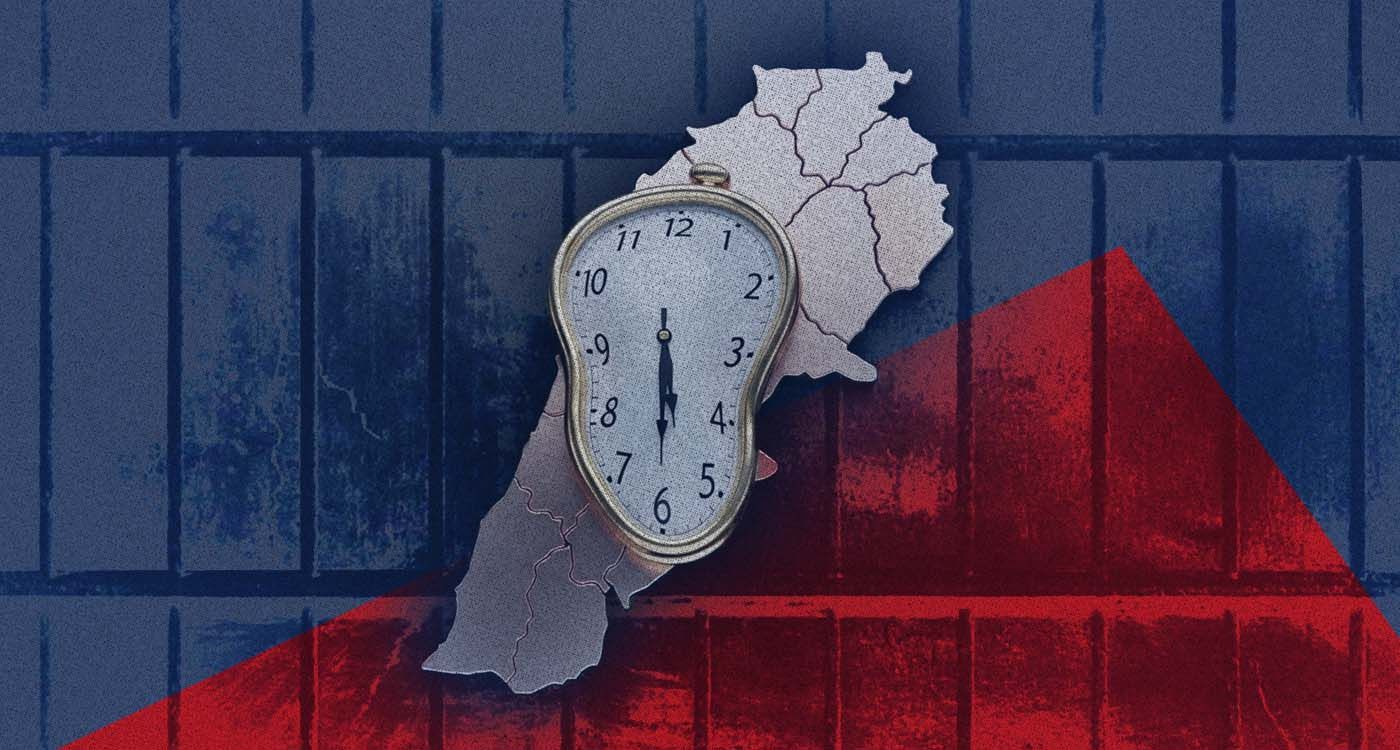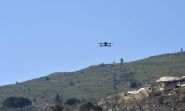
The next war will not wait for Lebanon to find its courage.
One year on from Lebanon’s signing of the November 27, 2024 Cessation of Hostilities with Israel, Beirut’s agreement to enforce UN Security Council Resolution 1701 and disarm Hezbollah looks less like a commitment and more like theater. Lebanon has announced deadlines, staged symbolic troop deployments, and assured the world that Hezbollah’s heavy weapons were being removed. None of this has happened.
Hezbollah has not only kept its arsenal; it has openly begun rearming, digging new fortifications, and reconstituting its elite Radwan Forces units. Israel—having waited in vain for Lebanon to honor its commitments—has resumed targeted operations and continues to hold five strategic hilltops inside Lebanese territory. The illusion that the Lebanese state is a credible partner has evaporated.
The excuses from Beirut have been contradictory and revealing. First came the claim that the LAF lacked the capacity to confront Hezbollah. In response, the U.S. and France poured in funding, equipment, and training. When that excuse collapsed, a second one emerged: any attempt to disarm the Iran-backed militia would trigger civil war. In other words, the problem is no longer a capability gap; it is a complete absence of political will. Lebanon simply does not want to disarm Hezbollah.
To mask that refusal, Lebanese officials have resorted to sophistry, arguing that Israel’s continued presence on the five hilltops and its strikes on Hezbollah are the real obstacles to implementation. This is a page torn straight from Yasser Arafat’s playbook: demand that the other side fulfill later phases of an agreement before you fulfill the first phase required of you. The text of the 2024 agreement, however, is unambiguous—Lebanese disarmament of Hezbollah comes first; Israeli withdrawal and cessation of enforcement operations come second.
Even Lebanon’s anti-Hezbollah politicians have failed to break out of the intellectual cage Hezbollah built decades ago. Samir Geagea—the leader of the largest Christian bloc and one of the loudest voices against the militia—recently argued that since Hezbollah proved unable to protect Lebanon from Israeli aggression, the logical solution is to disarm it. That line may sound tough, but it is still framed inside Hezbollah’s core premise: that Israel is an aggressive existential enemy requiring extraordinary Lebanese military deterrence. But since Lebanon lost the war—this argument goes—perhaps disarmament would be a better defense tactic.
Geagea and his allies still get the causality exactly upside-down: they cast Israel’s actions as the cause and Hezbollah’s massive, Iranian-fueled arsenal as the effect, when the reality is the opposite.
The hard truth that almost no major Lebanese leader is willing to admit is that every war with Israel since 2000 has had a single proximate cause: Hezbollah’s decision to maintain a permanent, Iranian-supplied private army on Israel’s border and to use it whenever Tehran or its own leadership desires.
Israel’s unilateral withdrawal from Lebanon in 2000—certified at the time as complying with UN Security Council Resolution 425—demonstrated that Israel has no territorial claims and no interest in conflict. In return for this unilateral step toward peace, Israel endured Hezbollah’s cross-border attacks, including the ones that sparked the devastating wars in 2006 and 2024.
Until Lebanese leaders—President Joseph Aoun, Speaker Nabih Berri, Prime Minister Nawaf Salam, and others—publicly make the case that Israel is peaceful and Hezbollah is not, nothing will change.
As long as the national debate remains trapped in the tired slogan “Israel is the enemy,” every policy proposal will be judged by how effectively it confronts that supposed foe. Consequently, Hezbollah’s narrative will continue to win by default.
Disarming Hezbollah does not require new ideas. It requires a Lebanese political class willing to tell its citizens a new story: that Israel fully withdrew in 2000 and harbors no territorial ambitions in Lebanon, that every subsequent war was initiated or provoked by Hezbollah, and that a heavily armed Iranian proxy entrenched within the Lebanese state is the primary reason the country remains poor, powerless, and periodically devastated. Restoring Lebanese sovereignty and achieving durable peace is possible, but only if the state regains its monopoly on force.
Until that narrative shift happens, Hezbollah will keep its missiles, Lebanon will keep its misery, and every Lebanese leader who is not Hezbollah will remain a spectator in his own country’s fate.
The clock is ticking. The next war will not wait for Lebanon to find its courage.




Comments